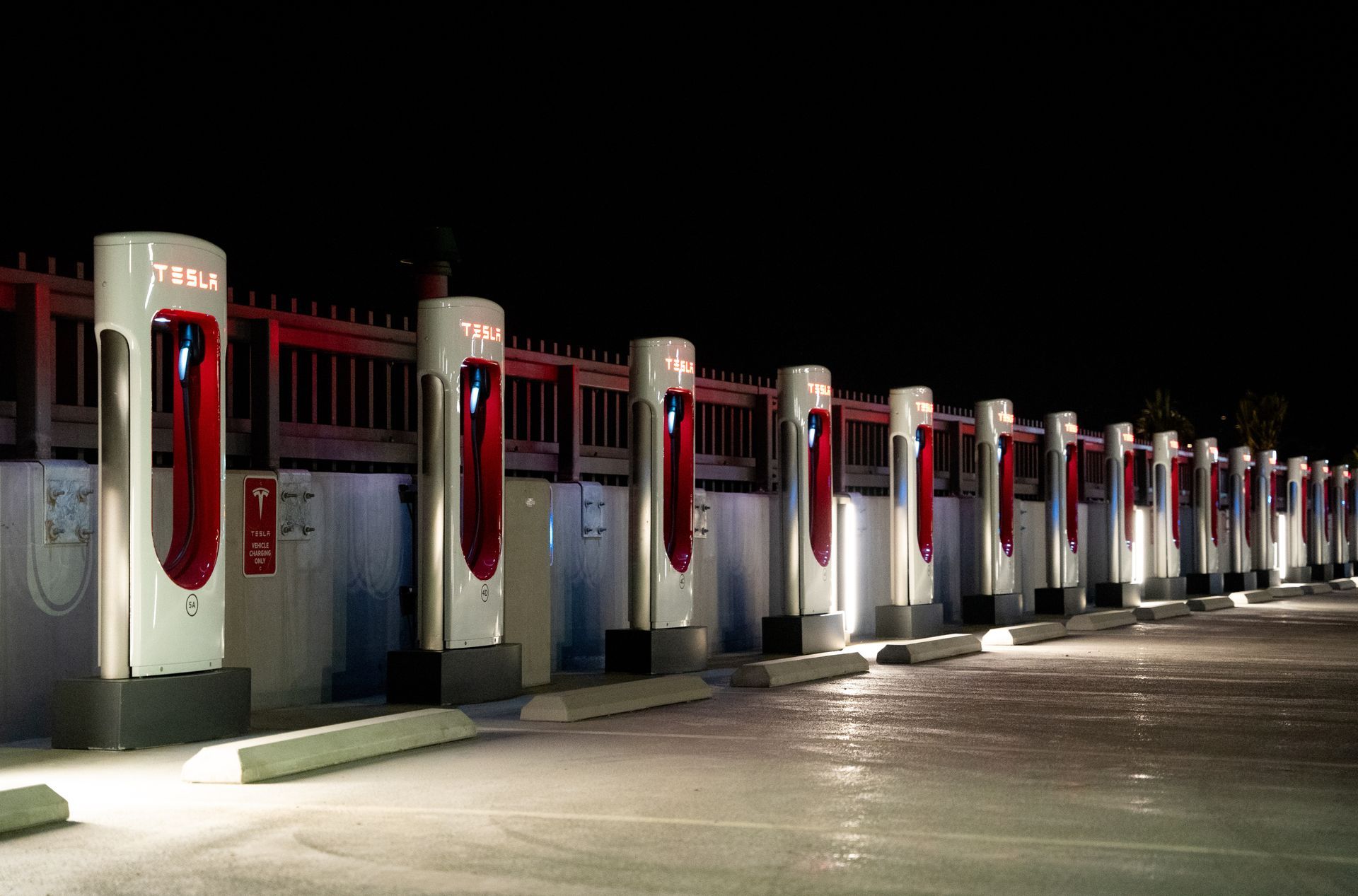FBT - Electric Cars Exemption

For the 2022-23 FBT year (1 April 2022 to 31 March 2023), your business may be able to receive an FBT exemption for certain eligible electric cars and associated car expenses which could lower the tax bill. There are a few hurdles to jump over regarding eligibility, including the type of car, the cost, and when it was first held and used. To meet the conditions for exemption, the vehicle must be either a battery electric vehicle, a hydrogen fuel cell electric vehicle or a plug-in hybrid electric vehicle designed to carry a load of less than 1 tonne and fewer than 9 people (including the driver). It should be noted that for FBT purposes, motorcycles and scooters are not considered to be cars and therefore would not be eligible for the exemption even if they happened to be electric.
Businesses that own plug-in hybrid electric vehicles need to be aware that these vehicles will not be considered to be a zero or low-emissions vehicles from 1 April 2025 unless certain requirements are met. The use of the plug-in hybrid electric vehicle must have been exempt before 1 April 2025 and the business must have a binding commitment (ie novated lease) to continue providing private use of the vehicle on and after 1 April 2025. It should be noted that any options to extend a lease (ie commitment) are not considered to be binding, thus no exemption would apply beyond the original binding period. Unless the preceding conditions are met, plug-in hybrid electric vehicles will not be exempt from FBT from 1 April 2025.
Any eligible electric vehicles must also be used for the first time on or after 1 July 2022 even if they were held (eg owned or leased) before that date. For the purposes of the exemption, an electric vehicle is considered to be used when it is used or available for use by any entity or person. This means that businesses that have purchased second hand cars which may otherwise be eligible for an FBT exemption may in fact not be.
Example
Ian purchases an electric car through his company Hyphen Co. that was not subject to luxury car tax (LCT) on 1 May 2022. Due to supply chain issues, the car was not delivered until 20 June 2022. Ian makes the car immediately available for the private use of his employees, Matt and Jerry. After a few months of use, Ian decides the electric car doesn't suit their business purposes and sells the car to another company, Snape Co, on 7 September 2022. Snape Co in turn makes the car immediately available to their employees from that date. In the above scenario, both Hyphen Co and Snape Co would be subject to FBT given that the car was first used on 20 June 2022 which is before 1 July 2022. If however, Hyphen Co waited until 2 July 2022 to make the vehicle available for the private use of their employees, any car fringe benefits for both Hyphen Co and Snape Co would be exempt from FBT.
The last element to determine whether a particular vehicle is eligible for the FBT exempt is the value of the vehicle. The value of the car must be below the LCT threshold for fuel efficient vehicles at the time it is first sold in a retail sale and in any subsequent sale. Businesses that purchase second hand vehicles will need to determine if it was subject to LCT at any time in the past. The LCT threshold for fuel efficient vehicles for the 2022-23 financial year is $84,916.
If an electric vehicles meet all the conditions to be an eligible vehicle for FBT exemption, car expenses such as registration, insurance, repairs and maintenance, fuel/electricity to charge cars will also be exempt. However, it should be noted that a home charging station is not considered to be a car expense associated with providing a car fringe benefit and will not be exempt. Businesses will also need to include the value of any eligible electric cars benefits provided when working out whether an employee has a reportable fringe benefits amount.
FBT help?
If your company has provided benefits to employees, their families or associates, the company may be liable for FBT. You will need to self-assess your FBT liability for the year, lodge an FBT return and pay the FBT liability you owe by the due date. However, there may be exemptions and concessions available which could reduce your liability. Contact us today for more information.
Please note that many of the comments in this publication are general in nature and anyone intending to apply the information to practical circumstances should seek professional advice to independently verify their interpretation and the information’s applicability to their particular circumstances. Should you have any further questions, please email us at RGA Business and Tax Accountants at reception@rgaaccounting.com.au . All rights reserved. Brought to you by RGA Business and Tax Accountants. Liability Limited by a scheme approved under Professional Standards Legislation









